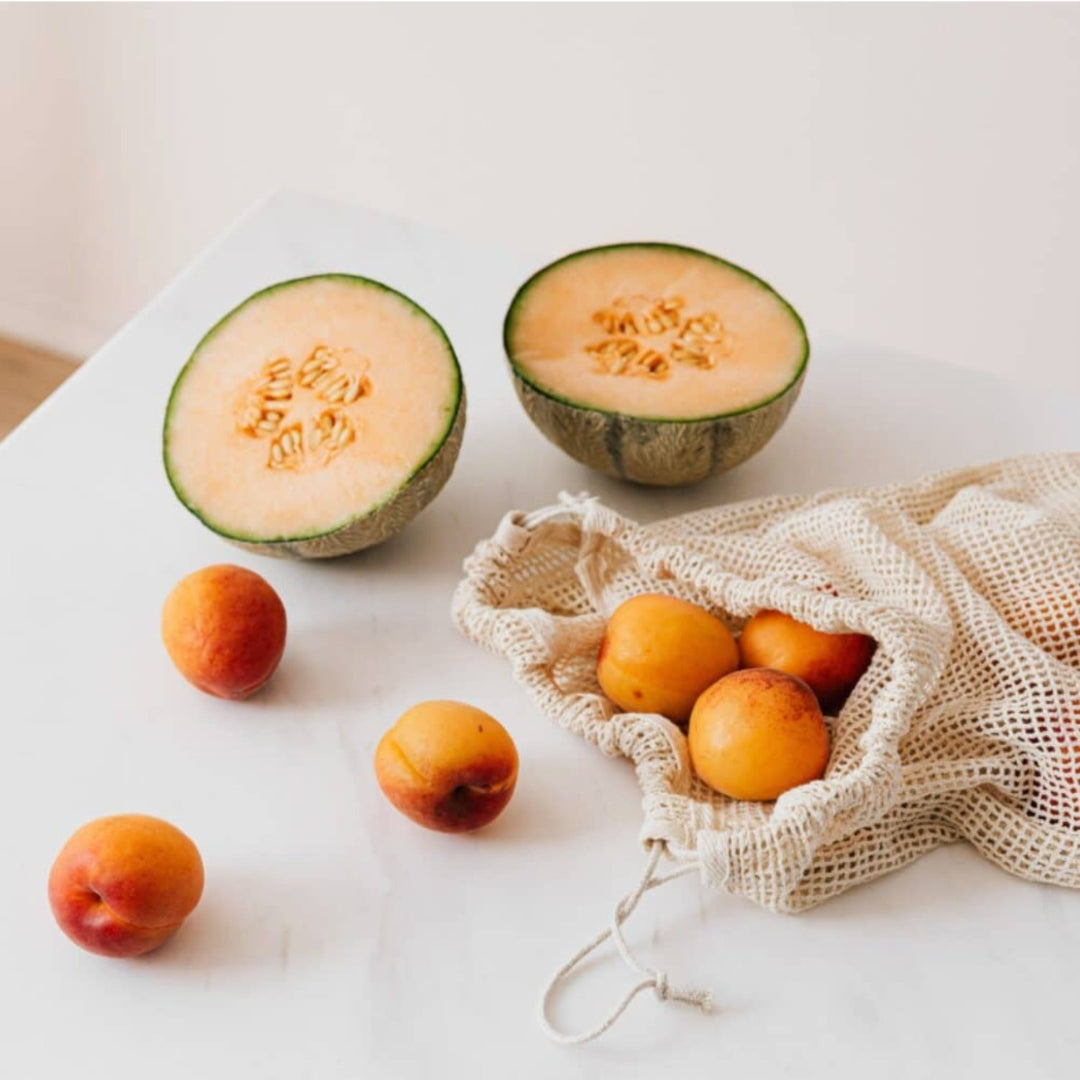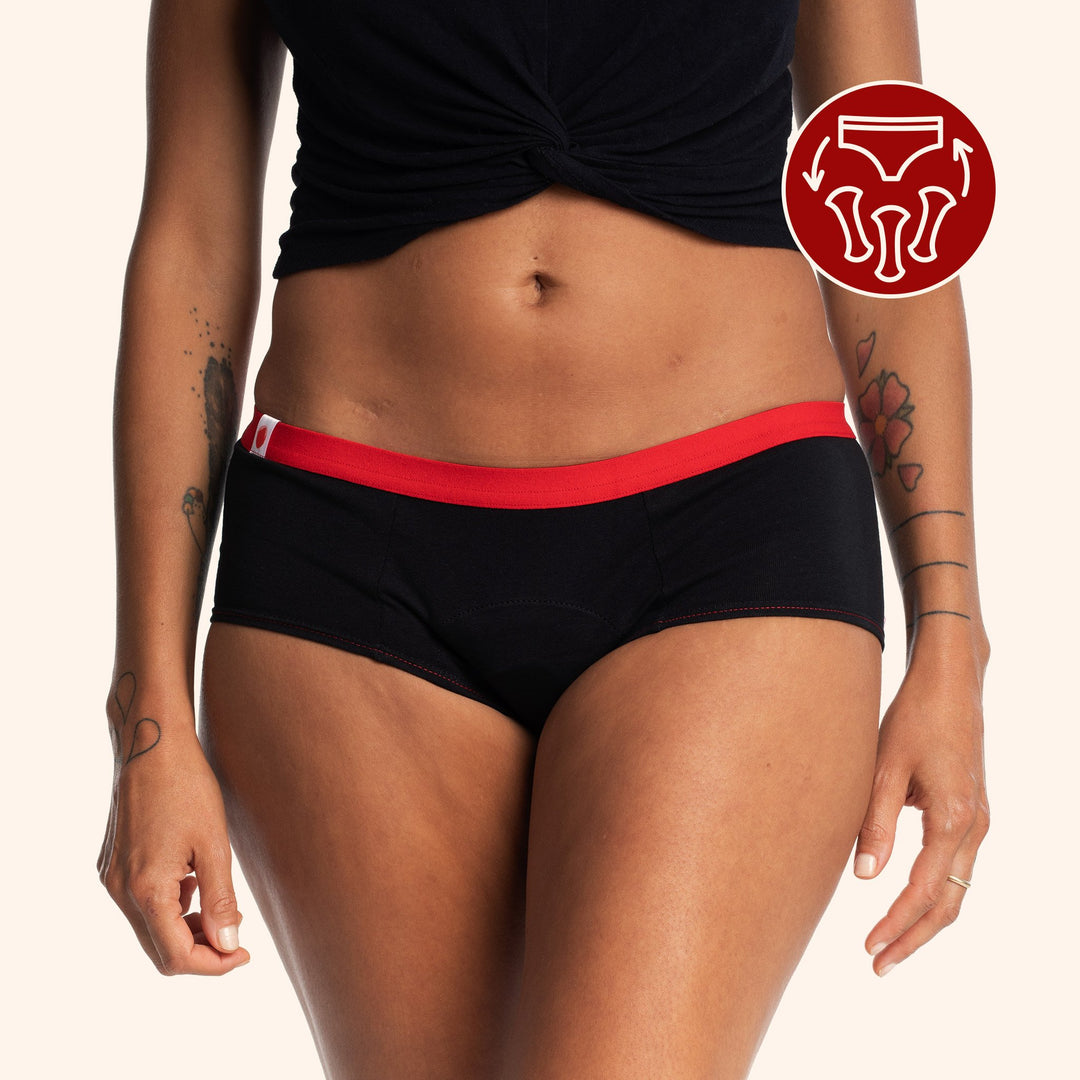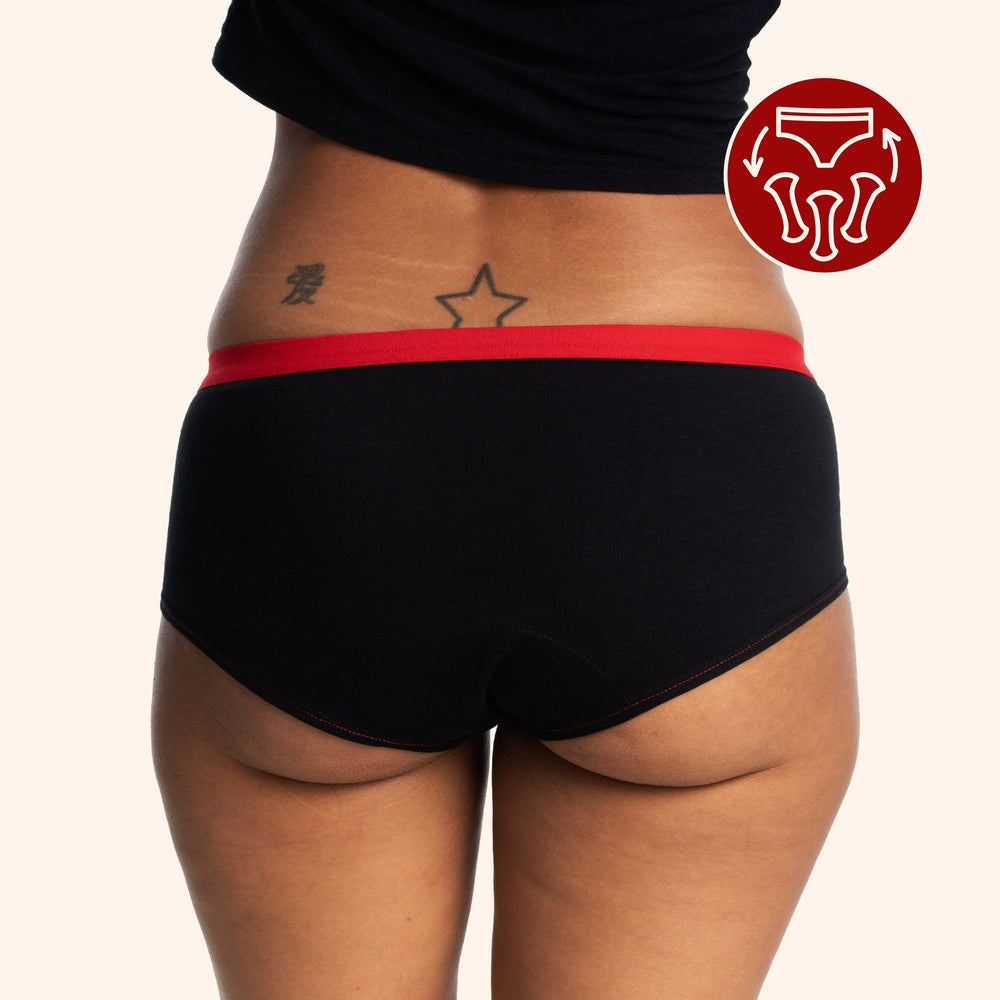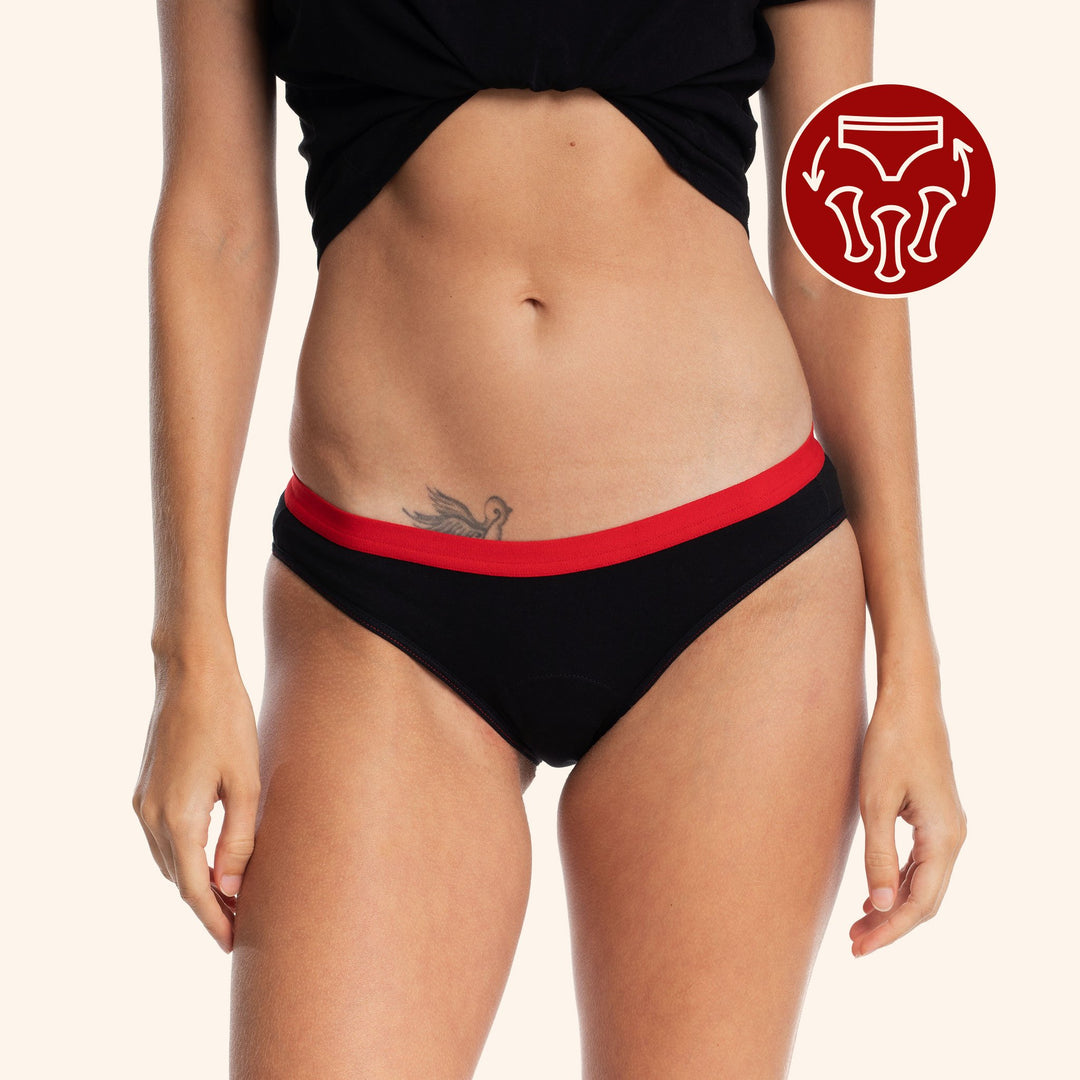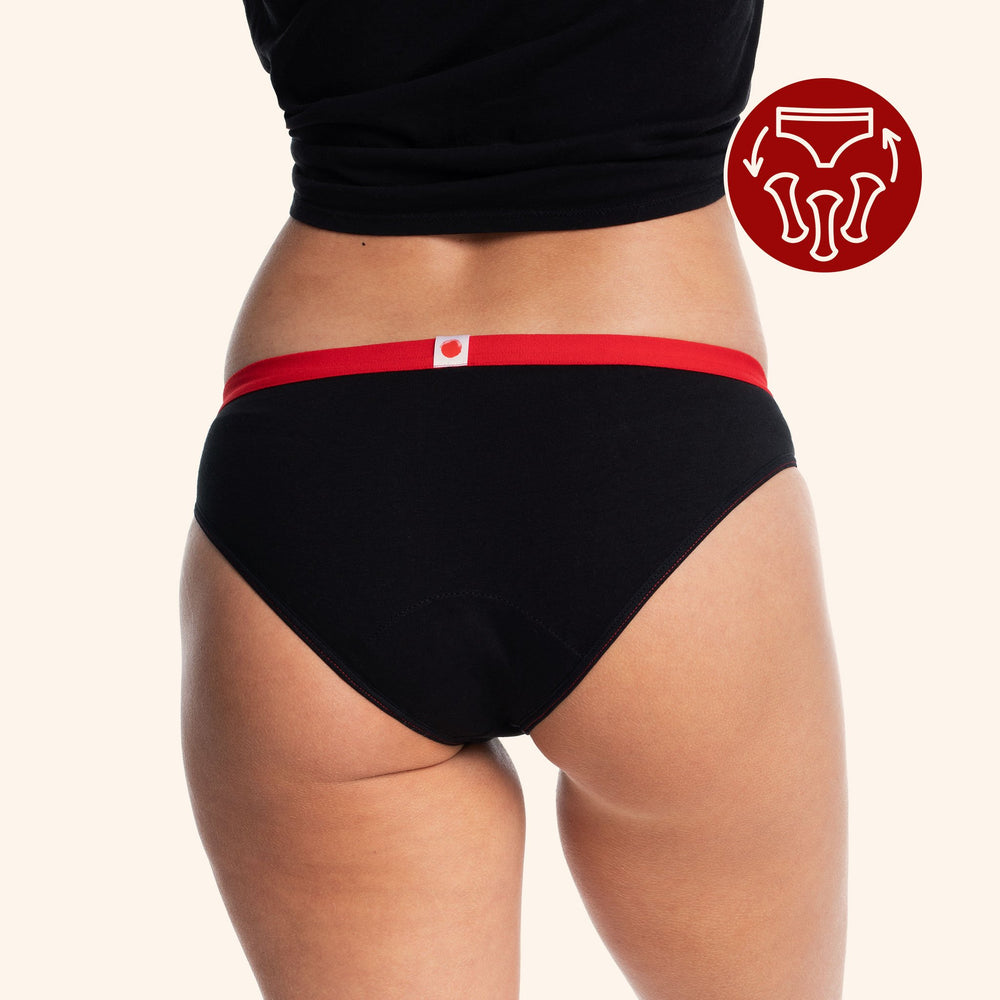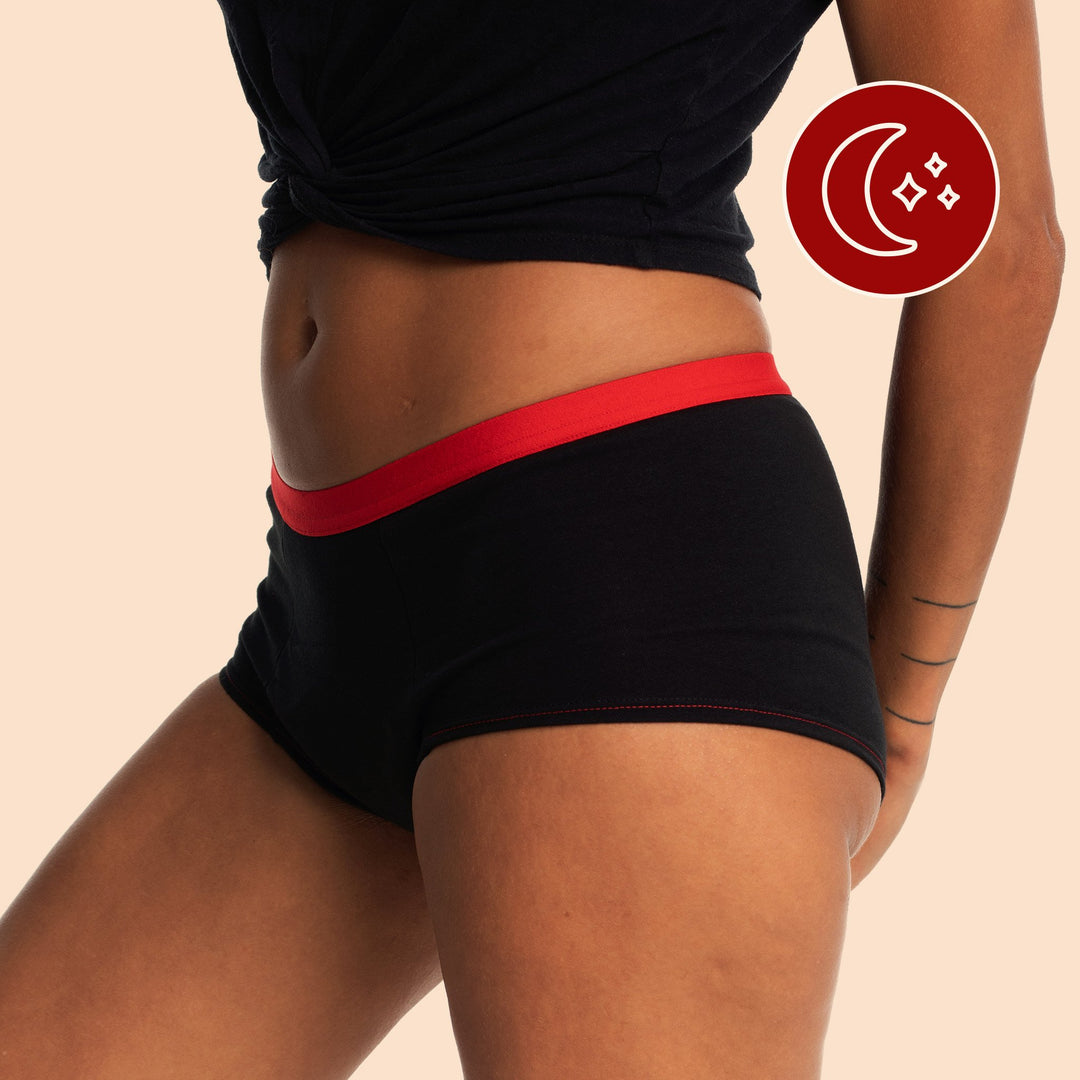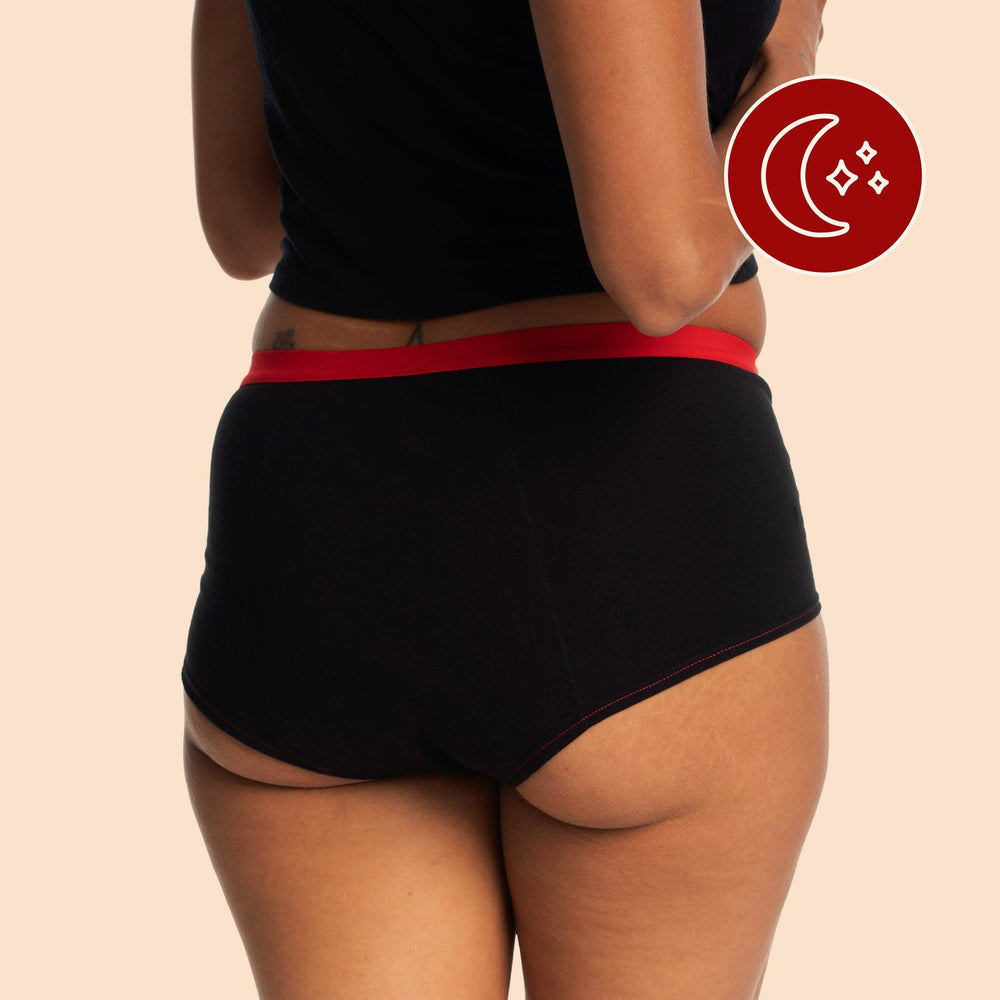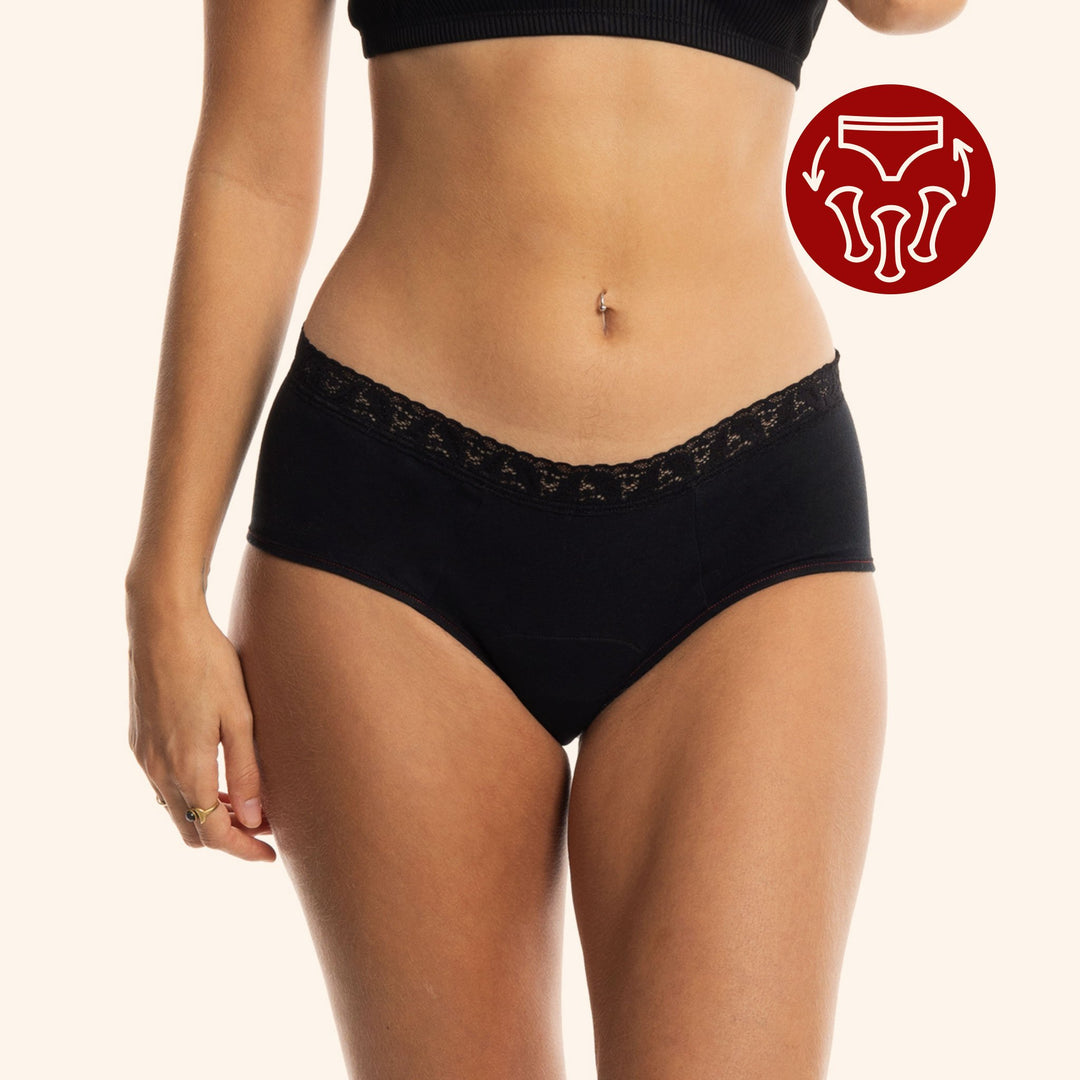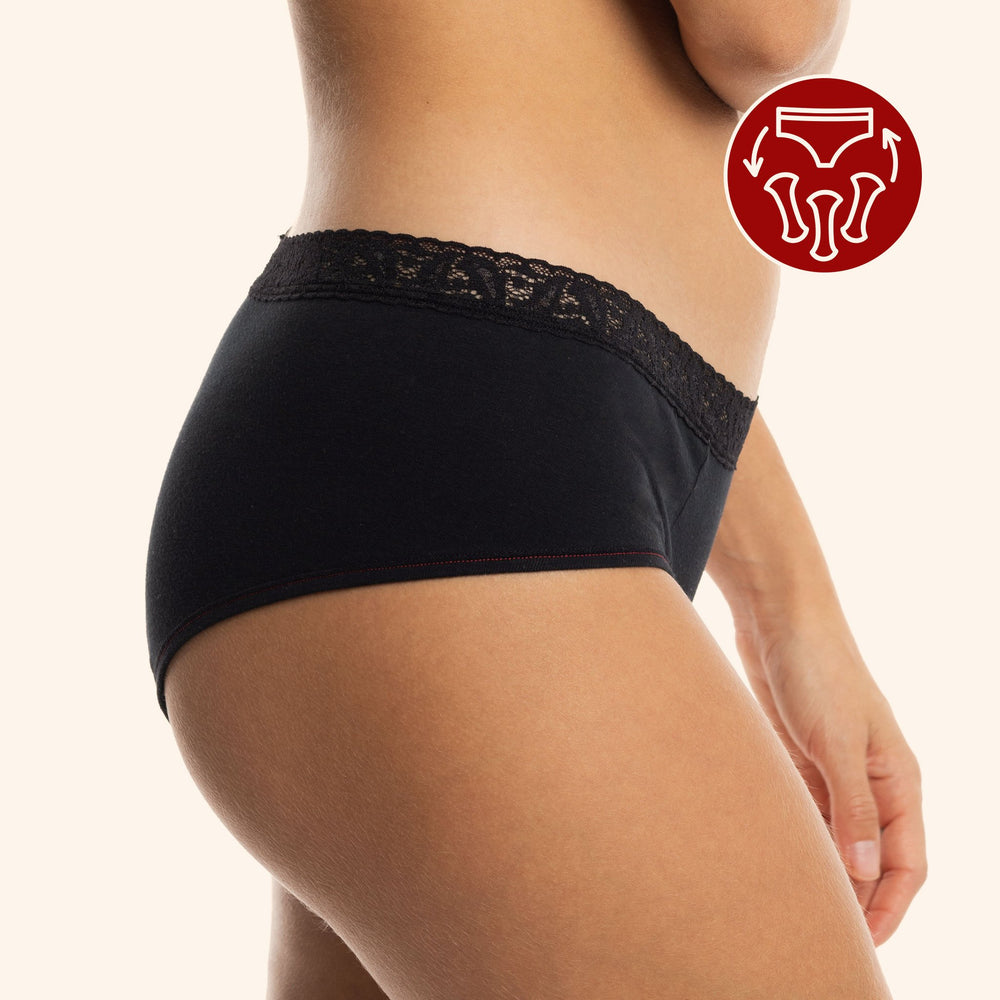Why don’t straight people need to come out?
In a heteronormative society, the principle of coming out is widely overvalued. This often results in a sense of urgency and necessity for queer people to declare their sexuality.
Wait a minute! Coming out is absolutely not a necessity. If you want to come out, that’s fine. And if you prefer keeping your sexual orientation to yourself or a select few, that’s fine too. Either way, you’re not alone in your decision. 💖
We welcomed Marie Gagné, proud ambassador of the 2SLGBTQIA+ community, who shared with us tips for coming out at our own pace and in a loving, safe, and caring way.
Above all, accept yourself
“Sometimes coming out to yourself is the hardest part,” Marie Gagné told us.
That’s why it’s essential to listen to your inner voice. Wait until you’re at peace with yourself before you share this vulnerable part of your identity with the outside world.
Looking in the mirror and saying, “I’m not 100% heteronormative” can be difficult; we get that! It's about deconstructing something we thought we'd been all our lives. Or at least, a part of ourselves that those around us have often assumed or taken for granted that they know, sometimes to such an extent that we’ve come to the same conclusions.
Deconstruction and reconstruction . . . with the right tools, you can do it!
Choose your label (or don’t!)
Labels aren’t just black and white (yes, in the sense that they come in all the colours of the rainbow, but especially in the sense that they can be both beneficial and anxiety provoking!)
Of course, labels can put words to feelings and even answer some of the questions we ask ourselves. They can also bring us together with people who look like us and who face similar issues on a daily basis. It’s nice to feel like a part of something bigger than ourselves.
On the other hand, labels can create pressure to define ourselves. It’s human not to know. And there’s no obligation to choose a label. (As an aside, that’s why I love the term “queer,” an umbrella word referring to all sexual and gender identities that exist outside the dominant models.)
In the end, sexual identity is fluid; it may fluctuate with time, your questions, and your experiences. Honour this movement!
Take your time; there’s no rush
There’s no need to come out as soon as you know your label (if, of course, you identify with one). There's no rush for everyone around you to know your sexual orientation right now. After all, that’s your business! 🐌
You can also choose to talk about it with certain people first (your close friends, for example) and then, when you’re comfortable, you can bring it up with others (your parents, for example; we know that that conversation can be one of the most stressful!)
Make sure you’re in a safe environment
If you don’t feel safe coming out to a particular person, then don’t! Take care of your mental health and preserve your integrity; you absolutely don’t have to experience microaggressions because you’re coming out as a whole person.
If you feel more comfortable, you can choose to come out with a friend; it can make the moment easier to live in.
Finally, surround yourself with a caring community. The unwavering support of your chosen family is invaluable.
Remember you’re queer enough
The last piece of advice we’d like to give you is to never doubt the validity of your identity.
It’s not uncommon for people in the 2SLGBTQIA+ community to bite their tongue because they’re afraid they’re not queer enough to come out.
If you feel like an impostor here, let me tell you something: whether you’re attracted 99% of the time to someone of the same sex and “only” 1% of the time to someone of the opposite sex: you’re still queer!
Queerness isn’t something that can be measured by the style of clothes you wear or the number of sexual and/or romantic experiences you’ve had; it’s something you feel inside, something that’s validated by the simple fact that you let yourself exist.

How can you support a loved one coming out?
Would you like to support a friend, partner, child, or sibling in coming out? Here are some tips on how to be a better ally.
Be a good listener, and be open minded
When someone tells you about his or her identity-seeking process, put yourself in a position to listen without reacting. Simply receive the information and make the person feel heard without judgment.
Phrases to avoid :
“Are you sure?”
“I don’t agree…”
“It’s probably just a phase.”
“How do you know you’re queer if you’ve never tried it with a man/woman?”
Preferred phrases :
“I see you.”
“Thank you for trusting me.”
“I’m here if you need support.”
Educate yourself about the 2SLGBTQIA+ community
Don’t know the term “queer”? The difference between cis and trans? Google is just a click away! Of course, you can ask the person coming out if they have the space to educate you, but remember, we’re not encyclopedias of queerness!
Keeping abreast of community issues will enable you to be even more empathetic and understanding as an ally.
Denounce situations of discrimination
Whether you know people around you who are out or not, standing up in the face of violence against the 2SLGBTQIA+ community is always essential. Whether it’s an insult you hear on the street or a homophobic policy at work, you have a duty to speak out.
If it’s possible, use your voice to raise those of the community.
In short, remember that you don’t have to convince anyone of your identity!
We dream of a world where coming out doesn’t exist as a concept at all. A world in which we can explore our sexual identities in benevolent and fluid ways – a world in which existing outside heteronormativity really isn’t a big deal at all.
While we wait for this sweet utopia to become a reality, we wish you a coming out that reflects you. These are your colours, so wear them proudly!
For more intimate queer sharing, we invite you to listen to Red Table: Queer Confidence with Marie Gagné, and hey, why not play it on repeat?
Some resources
Inspiring Instagram accounts: Blair Imani (Smarter in seconds), The Vulva Gallery, Just a Little Fun
Podcasts: Rainbows & Orgasms (by Marie Gagné and Geneviève Laforce), Pas peu fières (by Florence Nadeau and Anne-Sarah Charbonneau)
Lez Spread The Word (lesbian magazine and events)
L'Idéal bar & contents (bar, café, club, inclusive check-in area)







